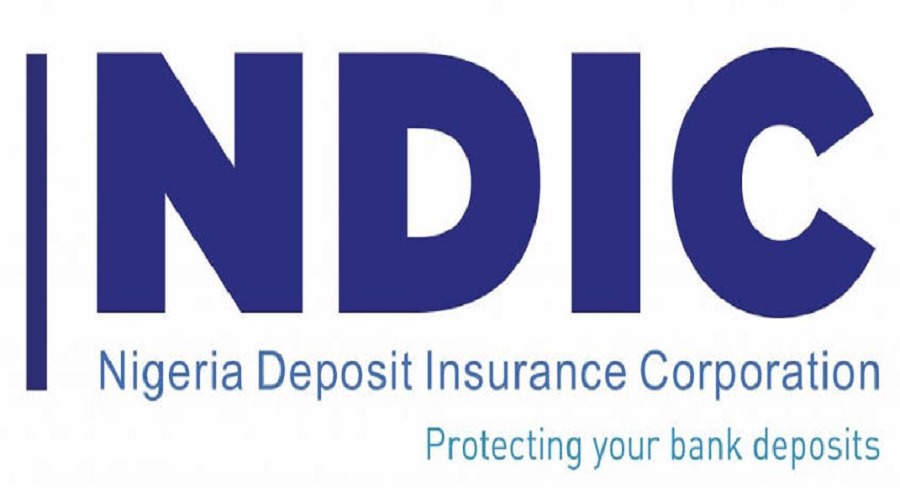The Nigeria Deposit Insurance Corporation (NDIC) has announced its readiness to conduct 100% liquidation dividend payments totaling N16.18 billion for depositors of 20 closed banks, as the funds are yet to be claimed.
NDIC Managing Director, Bello Hassan, made this announcement during the NDIC Day at the 44th Kano International Trade Fair.
Depositors of the affected banks, including Liberty Bank, City Express Bank, Assurance Batik, and others, are urged to come forward for verification and payment of their deposits exceeding the guaranteed sums, also known as “liquidation dividends.”
Hassan revealed that the payments for depositors of 179 Microfinance Banks and four Primary Mortgage Banks (PMBs) have already commenced, with the NDIC disbursing insured sums to depositors within seven days of the closure of the banks by the Central Bank of Nigeria.
Related News: CBN Calls for Increased Bank Capital to Meet $1 Trillion Economy Projection
As part of this process, N1.5 billion has been paid to 41,034 depositors of 129 Microfinance Banks and Primary Mortgage Banks.
The managing director emphasized that payments to depositors exceeding the standard limits will continue after the recovery of debts and the sale of physical assets of the closed banks.
Hassan highlighted the varying insurance coverage for depositors in the event of bank failure, stating that depositors of different banking institutions are insured up to a maximum limit.
While depositors of Deposit Money Banks, Primary Mortgage Banks, Non-Interest Banks, Payment Service Banks, and subscribers of Mobile Money Operators are insured up to N500,000 per depositor per bank, Microfinance Banks have a maximum insurance limit of N200,000 per depositor per bank.
He assured the public that NDIC would work in collaboration with the Central Bank of Nigeria to ensure effective supervision of banks, adherence to procedures, guidelines, and the Code of Corporate Governance for banks, safeguarding the safety and stability of the Nigerian banking system.
Hassan also advised the general public, especially traders and businessmen, to save their funds in licensed banks rather than keeping them at home or in shops to mitigate risks such as fire, theft, and armed robbery.
Related News: Igboho Reaffirms Commitment to Yoruba Nation despite Yoruba President


